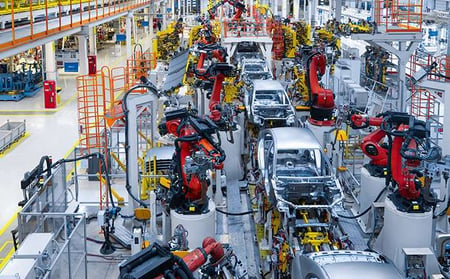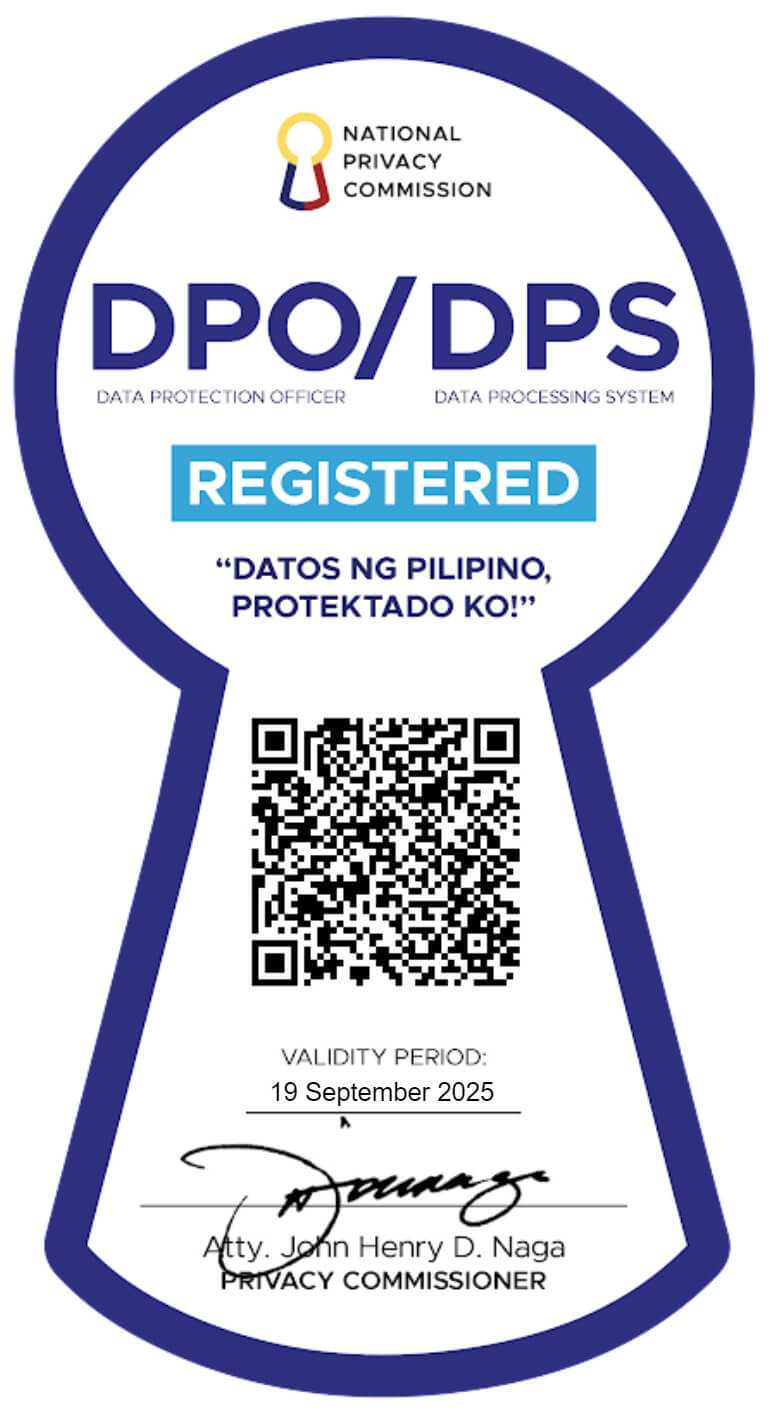-
About Us
Probe CX is a tech-powered, global customer experience organisation that amplifies human capabilities with technological excellence.
-
Awards and Accreditations
As an industry-leading CX and digital transformation provider, Probe CX has a resume to match any of our competition.
-
Compliance
Industry-recognised certifications to protect what matters most to our clients and their customers.
-
Locations
Over 19,000 team members delivering exceptional customer experiences across five countries.
-
Vision and Culture
We help our clients become modern digital organisations by combining the latest technology with people, process and data.
-
Executive Team
Meet the team with unmatched experience committed to helping organisations create environments for digitally-enabled CX to thrive.
-
 Blog
BlogDiscover the latest insights, information and trends in blogs created by customer experience experts.
-
 News
NewsLearn where Probe CX have been recognised in the news, including awards, accreditations, acquisitions, partnerships and more.
-
 Resources
ResourcesDownload our latest resources including whitepapers, case studies, tip sheets, reports and brochures..
A leading energy and gas industry retailer required support with credit collection activities and help to optimise their KMS.
- Blog
- Five examples of RPA in contact centres
Five examples of RPA in contact centres
The contact centre industry was always going to embrace Robotic Process Automation (RPA). In a workplace where repetitive and time-consuming tasks dominate, one can only imagine how quickly managers’ ears pricked up when they first heard about a technology that could automate routine tasks and allow their staff to focus on more critical work that required human intelligence and decision-making. The power to improve operational efficiencies while reducing costs would have had them rushing to sign on the dotted line.

That much is evident by the fact almost half of contact centre now use RPA, while a Deloitte Global RPA Survey found 78% of companies that have implemented the technology expect to significantly increase their investment during the next three years. Such growth trends have RPA forecast to achieve “near-universal adoption” within the next five years and the discussion for contact centres has well and truly evolved from whether to consider implementing automation to deciding where to best deploy it.
Robotic Process Automation ticks all the boxes for contact centres. Customers needs are better addressed while workplace efficiencies rise and employee satisfaction soars as they are able to tackle more meaningful work. Best of all, the company itself can deliver positive results for both their customers and staff without needing to spend significant money hiring loads of people. It’s simply a case of working with RPA experts to identify those areas where automating rule-based tasks will ensure more accurate, fast and tireless performances.
As a starting point, here are seven examples of where RPA is achieving such success within the contact centre environment.
Customer Identification
Incoming contact centre calls commence in a familiar fashion, with an agent required to identify the customer as quickly as possible to source necessary information such as order number, order status and shipment details. Navigating multiple systems, databases and CRMs can lead to numerous pitfalls including multiple logins slowing down the agent and confusion from referring to various notes/manuals, ultimately resulting in a negative customer experience. Deploying RPA in contact centres can eliminate the need to switch between different applications, deliver all necessary details in one screen and significantly reduce the time required to identify the customer in the system. The result? Happier customers and faster average call times.
Data Management
Customer data is one of the foundations of contact centres. Working with large amounts of such material is a fact of life for agents but doing so manually can lead to headaches for both them and the people on the other end of the call. Being asked to repeat their details multiple times is not only a huge frustration for customers but also slows down the resolution of their enquiry. Throw in the risk of human error leading to the wrong data being sourced and it is easy to see the potential reputational harm for companies. RPA is a tried and tested means of extracting, analysing and cross-referencing data across multiple sources, cancelling out the risk of errors and allowing employees to invest all their energies into truly helping customers.
Repeat Calls
Advanced call routing tools have played a significant role in reducing the need for a call to be passed through different agents but many scenarios remain where, depending on the nature of a customer’s enquiry, they need to be passed through various agents who often require them to repeat the details of the issue. Not only does this lead to an increase in turnaround time and average call duration but being asked to continually repeat responses to the same repetitive questions can erode customer relations. RPA allows the integration of different systems, which helps various agents track the progress of a customer concern without having to monitor every application. Customer profiles – complete with details sourced from previous interactions – can be accessed via a single click and, more importantly, without one of the greatest bugbears of customers calling contact centres – being asked for the same information over and over again.
Profile Updates
Robotic Process Automation thrives on rule-based processes and few fit the criteria better than updating customer profiles. By applying a ‘maintain consistency’ rule – where ‘consistency’ is defined by ensuring specific information matches across multiple databases (eg: email addresses, phone numbers) – RPA means a customer can provide fresh information to just one agent but result in the details being updated across an entire network. This is a standard process for software robots that results in happier customers and less stressed agents by ensuring error-free updates.
Customer Predictions
RPA is ever-evolving and has reached the point where software robots can scan, analyse and cross-examine customer queries and, working in tandem with machine learning devices, predict a customers’ next need or want. Tapping into such information to gain a better understanding of customers can lead to improved dialogues and a more intimate means of addressing their needs. With customer satisfaction such a high priority for companies, it’s little wonder such technology integration is appealing for both managers and their agents.
Summary
Deploying Robotic Process Automation into contact centres is a one-way ticket to increased efficiencies, reduced costs and lower error rates and average handling time. More importantly, it helps ensure happier customers as there are few things people enjoy more when phoning a contact centre than a first-call resolution, less waiting time and more personalised service. And the best thing? The avenues to use RPA are only going to grow as the technology does.
RPA is just one example of how companies are meeting the needs of a Customer Experience revolution that has eclipsed price and product as the main brand differentiator for consumers. Explore this and many other CX facts in The Ultimate List of Customer Service Statistics.
Related Articles
Technology
RPA in finance and accounting - a digital transformation
The finance and accounting sector is burdened by repetitive and time-consuming tasks, which is why robotic process automation is ideal...
Technology
8 RPA trends to watch
From hyperautomation to low-code platforms and increased focus on security, learn about the latest developments shaping the world of automation.
Artificial Intelligence
What are PDD and SDD In RPA?
Do you know what PDDs and SDDs are in RPA? Here’s the difference between the two, as well as how they develop an automated process.
© Copyright 2025 Probe CX | ProbeCX is a proudly owned subsidiary of Probe Group
Privacy Policy | Responsible AI Policy | Financial Hardship Policy | Whistleblower Policy | Complaints Procedure | Supplier Code of Conduct | Make a Payment | Client Login





